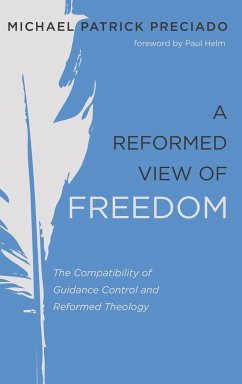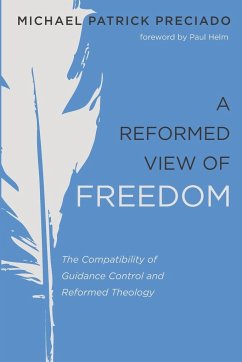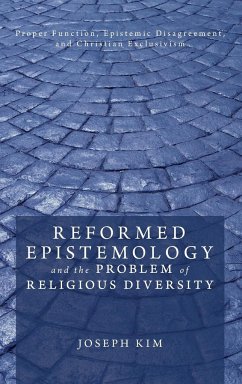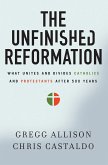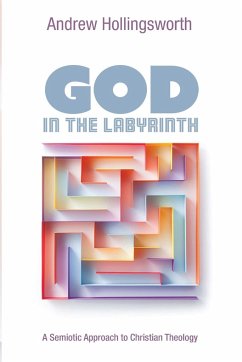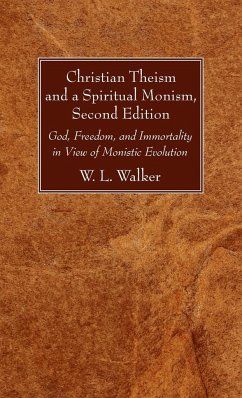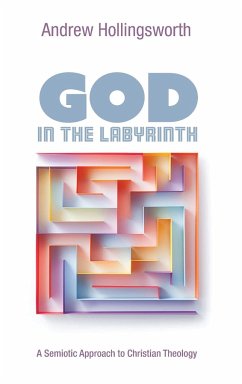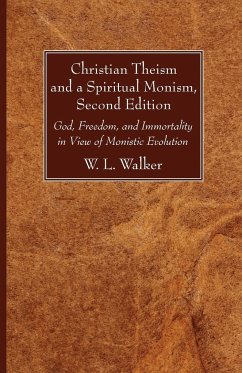Reformed Christians do not believe in free will. This is a common assertion today and it is completely false. The Reformed tradition does advocate free will, just not libertarian free will. A Reformed View of Freedom: The Compatibility of Guidance Control and Reformed Theology explains how the Reformed tradition articulated its view of human freedom and moral responsibility in terms of rational spontaneity. It shows how the Reformed view of rational spontaneity is compatible with contemporary compatibilist and semi-compatibilist views, especially that of guidance control. This work addresses a number of pressing issues in the current academic climate. Is Reformed theology theological determinism? Is it compatibilism? Did Jonathan Edwards part ways with the Reformed tradition? What is the relationship between Reformed theology and contemporary compatibilist and semi-compatibilist positions in analytic philosophy? This book addresses these questions by exegeting the classic Reformed confessions, catechisms, and Reformed scholastics. It sets them in relation to contemporary analytic philosophy. It is an exercise in analytic theology. The reader will come away with a better understanding of how the Reformed viewed free will and moral responsibility in light of contemporary analytic philosophy. ""In the last decade or more there has been a spirited debate within Reformed theology about the shape of human freedom in relation to God's ordination of all that comes to pass. Do Reformed thinkers think God determines what happens in the world? Do they think there is wiggle room for human freedom in the divine purposes? Dr. Preciado's book contributes to this ongoing discussion. He offers clear, carefully reasoned arguments for the view that Reformed theology is consistent with both divine determinism and human freedom (rightly understood). He engages the range of recent literature on the topic in detail, and he shows how this relates to recent philosophical work on free will as well. Whether or not his conclusions are right, no one with an interest in these matters can afford to ignore this work."" --Oliver D. Crisp, Professor of Analytic Theology, University of St Andrews. ""Skillful footballers sometimes spot an unexpected gap, make a direct and accurate line for it, and, when they get through, make the exercise seem straightforward. With philosophical acumen and clear theological sight, Michael Preciado does the academic equivalent, co-opting untapped philosophical resources into alliance with Reformed theology in a significant and fruitful enterprise. --Stephen Williams, Honorary Professor of Theology, Queen's University Michael Patrick Preciado is a philosopher and a minister in the Presbyterian Church in America. He holds a BA and MA in philosophy, an MDiv from Westminster Seminary California, and a PhD in philosophical theology from the University of Aberdeen.
Hinweis: Dieser Artikel kann nur an eine deutsche Lieferadresse ausgeliefert werden.
Hinweis: Dieser Artikel kann nur an eine deutsche Lieferadresse ausgeliefert werden.

